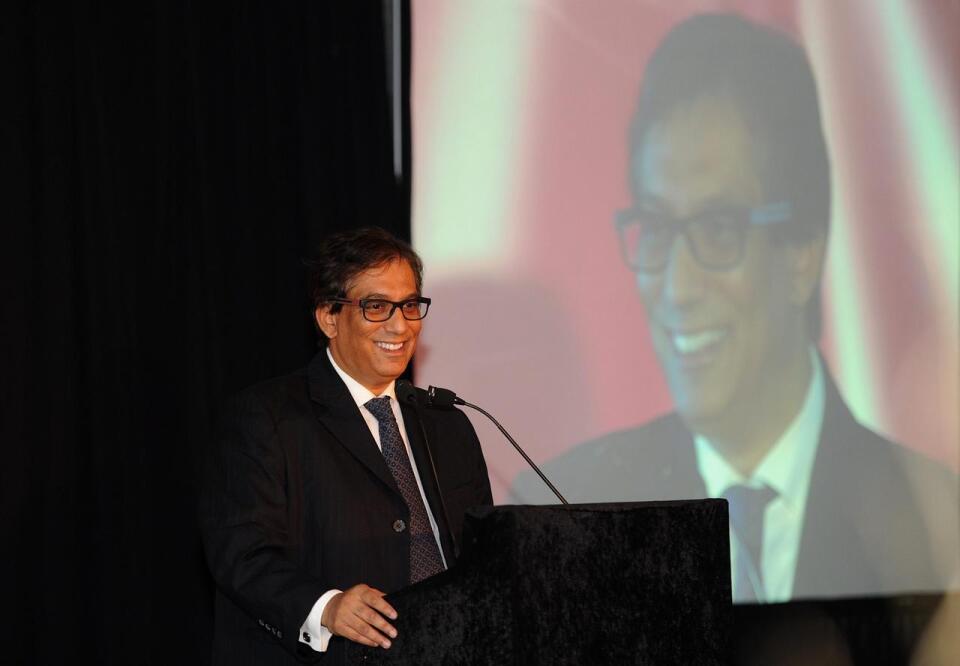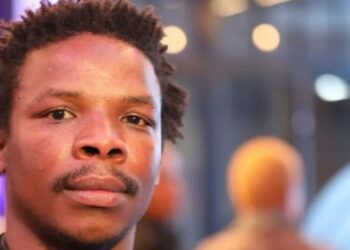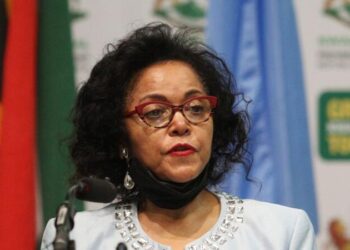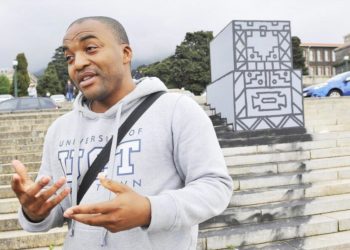The world is in a cost-of-living crisis, and the people who bear the brunt of this crisis are the poor, working and middle classes, says the executive chairman of Independent Media Group South Africa (INMSA) Dr Iqbal Survé, who is also the chairman of the BRICS Media Forum South Africa.
THE world is in a cost-of-living crisis, and the people who bear the brunt of this are the poor, working and middle classes, says the executive chairman of the Independent Media Group South Africa (INMSA) Dr Iqbal Survé, who is also the chairman of the BRICS Media Forum South Africa.
Survé who was addressing the 5th BRICS Media Forum this week, said the BRICS countries had reached a digital economy partnership framework, and put forth a cooperation initiative on the manufacturing industry’s digital transformation.
“South Africa has integrated the digital economy into its national development strategy, and many African governments are actively creating an environment for developing e-commerce and the digital economy. The BRICS countries and African countries will work together to embrace the Fourth Industrial Revolution and realize leapfrog development,” said Survé.
The BRICS Media Forum was hosted by Fu Hua, executive chairman of the BRICS Media Forum, and President of Xinhua News Agency, It was attended by, among others, Tatiana Valovaya, director-general at the UN Office in Geneva; Siddharth Chatterjee, UN Resident Coordinator to China; Shahbaz Khan, Director of UNESCO Beijing Office; Jose Juan Sanchez, President of CMA Group; Sergey Kochetkov, first deputy editor-in-chief of international news media Sputnik; and Narasimhan Ram, director of the Hindu Publishing Group.
Survé said the entry of our country into the BRICS formation was a landmark development for South Africa’s democracy and strengthened the country’s political, social and economic global positioning.
“This significant landmark allowed our country to access new emerging markets with potential growth, economic diversification, and synergies across several sectors of our economy. Furthermore, our entry into the BRICS family coincided with the advent of the Fourth Industrial Revolution and the digital economy. Many of our BRICS partners lead the global charge in the 4th industrial Revolution.
Following his recent attendance at the World Economic Forum (WEF) Survé noted that during the global lockdowns, the WEF said, that 80 to 90 percent of people consumed, on average, 24 hours of news and entertainment a week, which placed even greater pressure on the media to ensure that the truth was conveyed. The WHO also noted that since the beginning of the pandemic, there had been an excessive spread of misinformation. The World Health Organisation dubbed this misinformation as an ‘infodemic’, said Survé.
He said the relationship between BRICS media forum countries had become even more critical in this period. All countries should encourage information sharing, journalist exchange and other forms of resource exchange to enhance the accuracy and efficiency with which information is communicated to the public.
“The integrity of the media had never been more vital. The spread of Covid-19, as well as the negative implications of the current conflict in Ukraine, not only put the health system in African countries increasingly under pressure but also contributed to the slowing down of the commendable political, economic and social progress that Africa has made over the last few decades.
“Between us all, we have the tools, the technology, the content, and the ability to transform and reform the media landscape. What is required is cooperation, respect and integrity in our respective newsrooms that can translate into diversified views based on fact, reality, and experience, which can then be shared around the world.
“The exponential adoption and evolution of technology over the past two years, has catapulted us and our audiences into the future. We can now deliver content in a nanosecond, track it on its journey, gather the subsequent data and interpret it and then re-deliver tailored content to that same audience,” said Survé.
He said, however, that technology alone would not be the future of our newsrooms. It is the stories that we gather and tell that will ensure our survival, and more than that, it is the kind of stories that we narrate that will set us apart.
On Feb 5 this year President of the People’s Republic of China Xi Jinping sent a message to the 35th African Union (AU) Summit to extend his warm congratulations to the African countries on the 20th anniversary of the founding of the African Union. Survé said President Xi reiterated that China, as in the past, stood ready to work with the African side to actively implement the AU’s agenda and the outcomes of FOCAC meetings.
President Xi added that China would seek enhanced cooperation on the Belt and Road initiatives and the Global Development Initiative to elevate China-Africa cooperation to a higher and more strategic level. Next year South Africa will take over the BRICS chair, and China and South Africa will celebrate the 25th anniversary of diplomatic relations.
“It is believed that China and South Africa will work closely together to achieve more outcomes in BRICS cooperation and make more outstanding contributions to building a community with a shared future for humankind, and creating a better tomorrow for humanity,” he said.
Survé said collaboration between the BRICS media pact, the sharing of information, the streamlining of operations and the protection of media freedom were needed more than ever, to regain this lost ground and reinstall belief in the media as a mechanism for eporting and the advancement of humankind, and the planet. “To build a stronger, healthier world, we need a stronger, healthier media network. Together, we can make that a reality.”
investigations@falcons.org.za | sizwe.dlamini@falcons.org.za


















